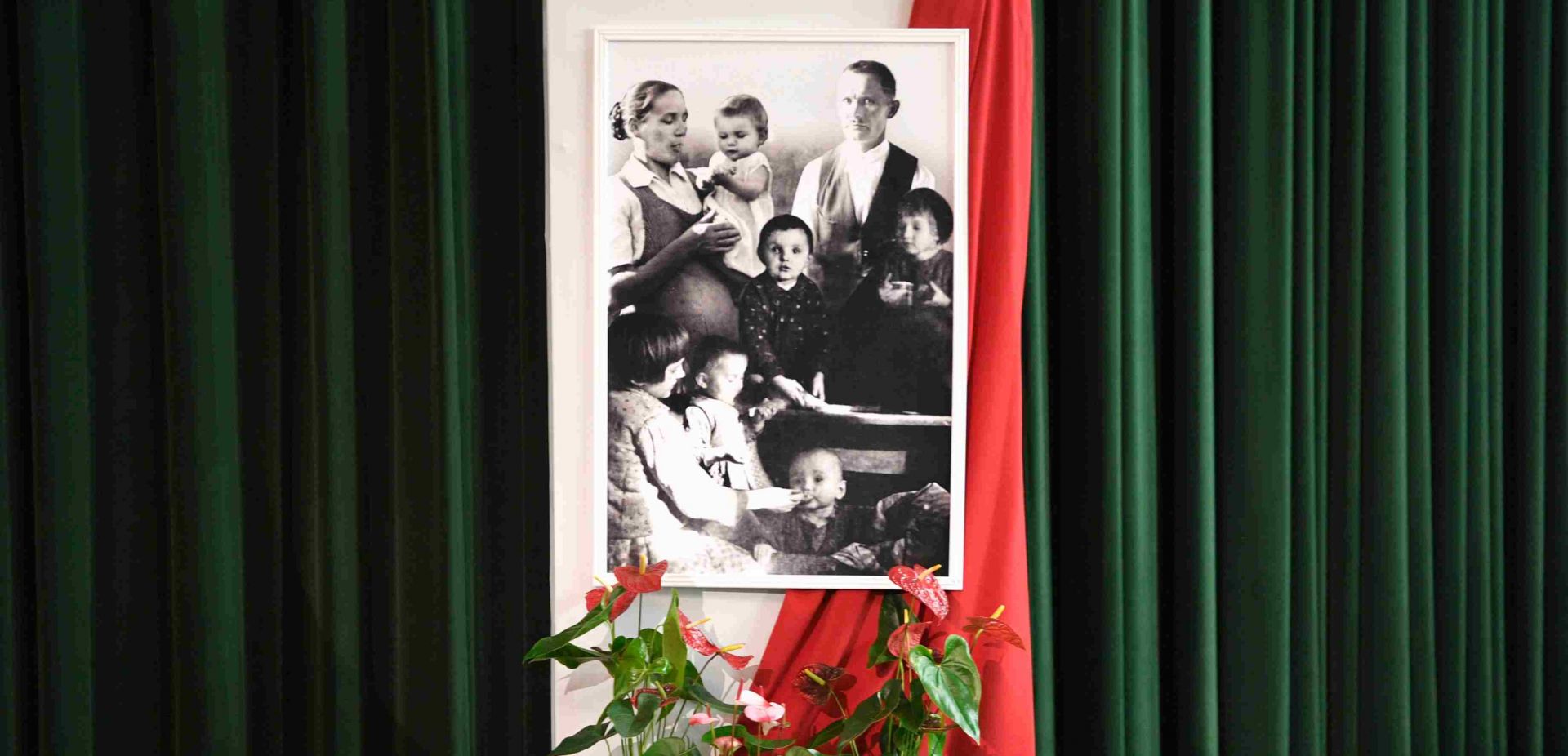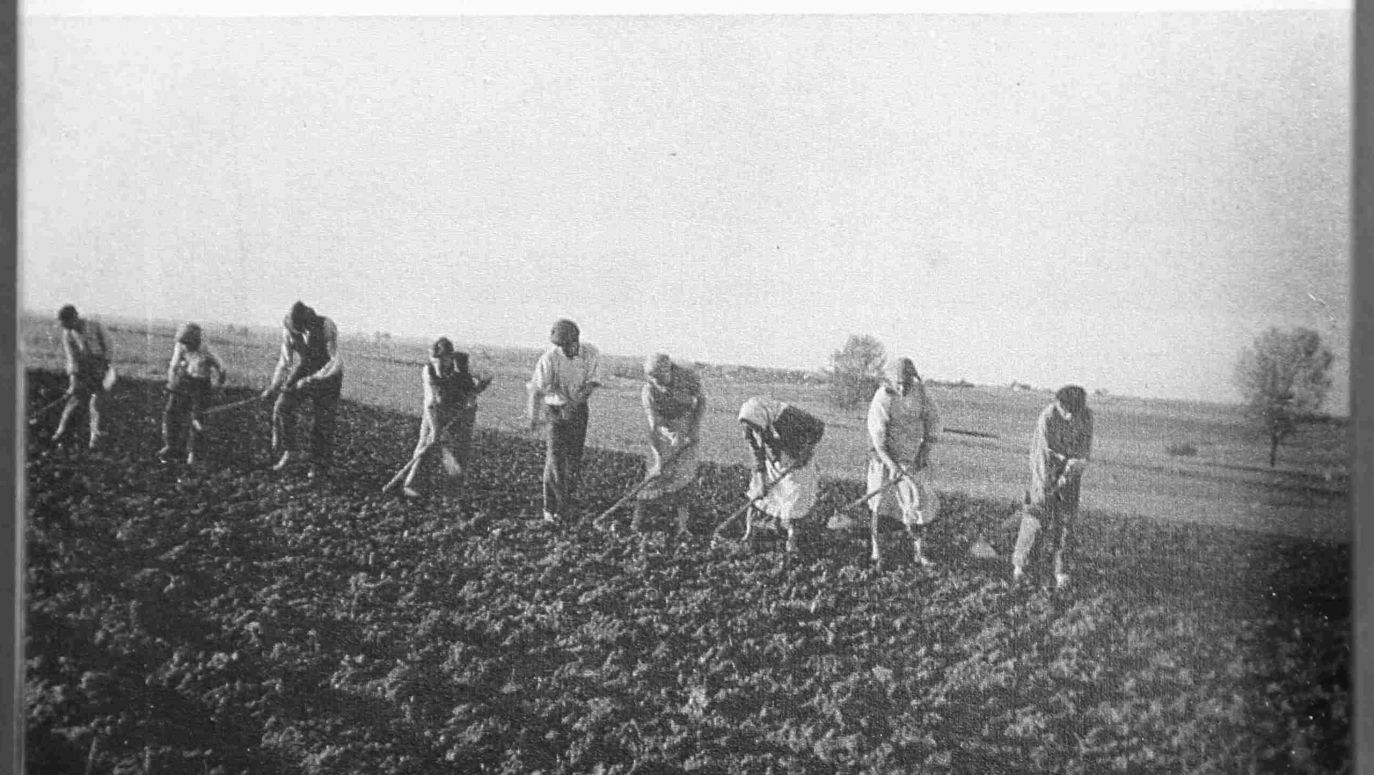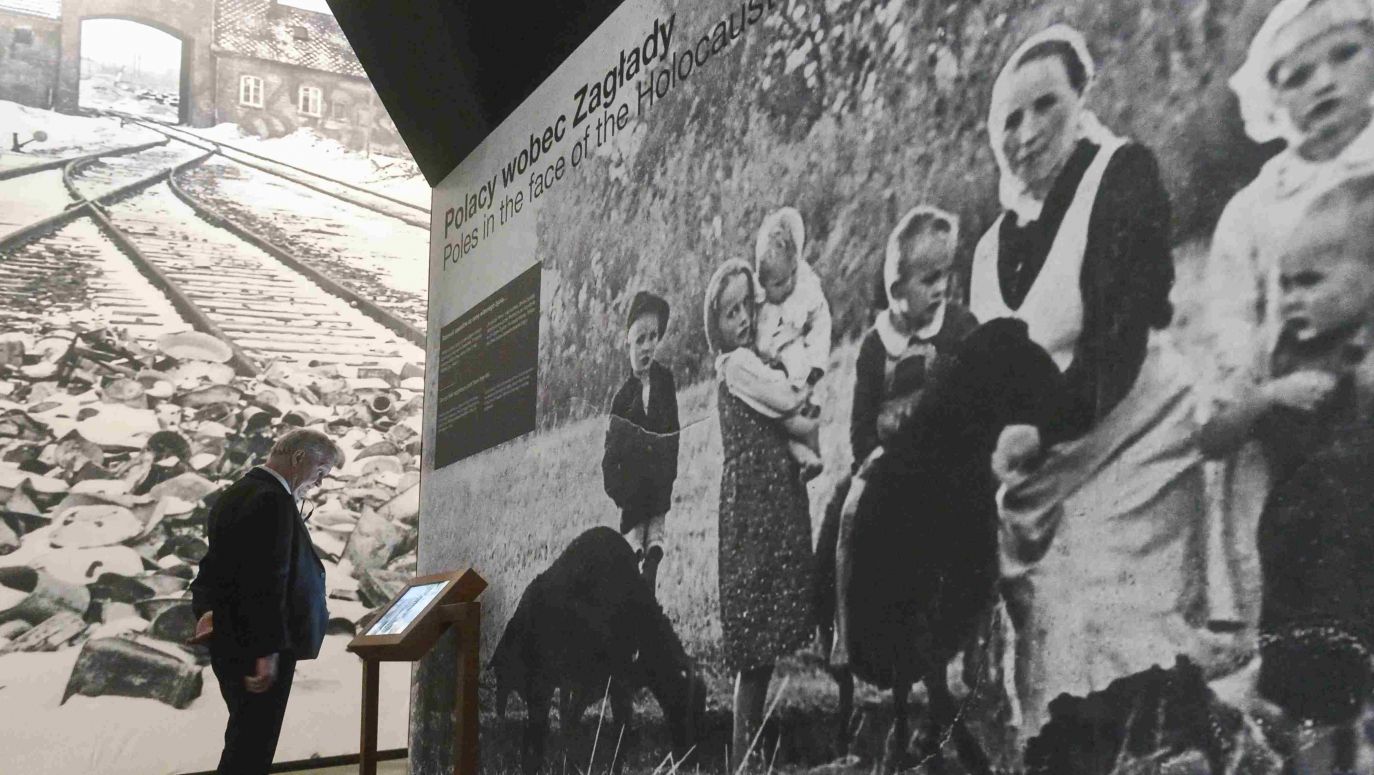Wiktoria and Józef Ulma were truly extraordinary people, she was still young (32 years old), he was already mature (44 years old), they were a great couple with a commitment to rural matters and culture, because that’s what their passions should be called. Józef was not only a well-known fruit grower in the area, and one who taught others how to develop new crops, but he was also a photographer, today we would even say a photojournalist and chronicler of everyday life. Wiktoria, despite her successive pregnancies, was active in an amateur rural theater which, by the way, shows how vibrant the social life was in that area of Subcarpathia. Both were also very involved in the life of their Catholic community. Their lives were built on deep intimacy with God, active participation in the parish community and knowledge of the Holy Bible (which was not so obvious at that time!).
 SIGN UP TO OUR PAGE
SIGN UP TO OUR PAGE 
The matter is important – because time is passing, it’s not the witnesses of those events who are passing away, but already their children and students – those who had the opportunity to hear directly what it was like (although let’s not kid ourselves, that’s what our parents and teachers told us) and who confronted knowledge that they learned at home with everything that was going on outside. I’ve written many times in my journalistic life that we will never know how we’d live and who we’d be if it weren’t for the ubiquitous public lie in which we had to grow up.
This is also true in this case: it’s not true that those who saved Jews didn’t talk about it after the war, because they allegedly feared anti-Semitic neighbors and the like, which doesn’t mean that there were no anti-Semites. There were, are and will be on every continent. No, our fathers and our mothers were afraid of the communist secret police, they were afraid of repressions for identifying with pre-war Poland and the Polish Underground State, which carried out extensive, structural activities, including in the area of rescuing Jews.
The matter is serious, and it’s one of the most serious ones, nothing to joke or wink and nod about or trivialize. It should engage citizens at every level, both Catholics and those who care about the good of Poland, but who aren’t connected with Catholicism or faith at all. Because Jews weren’t only saved by Catholics, and not only by believers, and not only by townspeople, and not only by intellectuals.
An American researcher with Jewish roots in Poland, Nechama Tec, once tried to study the attitudes of rescuers, which was almost impossible, but she found something in common among them: they were, without exception, independent thinkers, not easily influenced, didn’t succumb to quick emotions, respected others, were decisive and had empathy. The Ulma family, with its discernment-based faith and wide-ranging interests, perfectly symbolizes such attitudes. And that’s why it can be so inspiring.
Am I obliged to?

 SIGN UP TO OUR PAGE
SIGN UP TO OUR PAGE 






